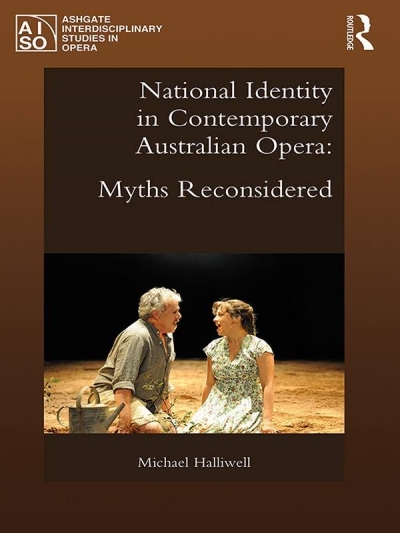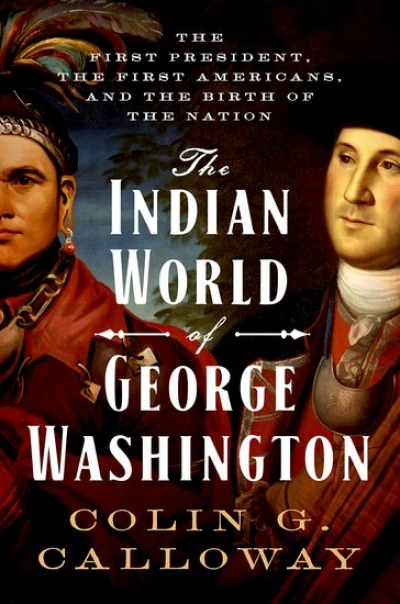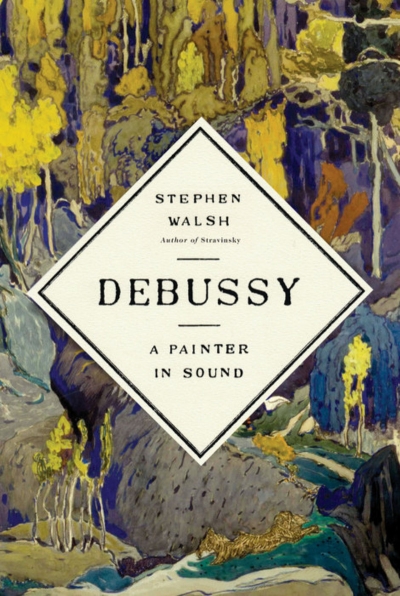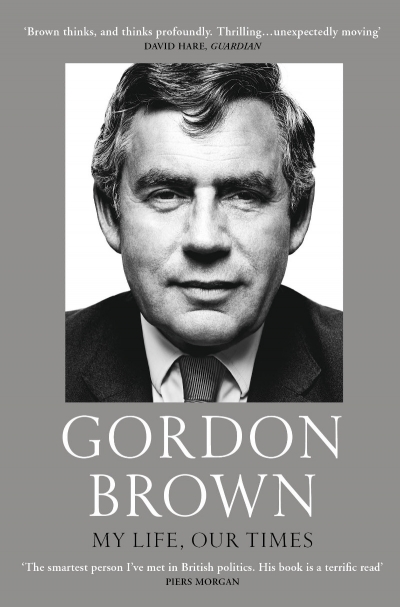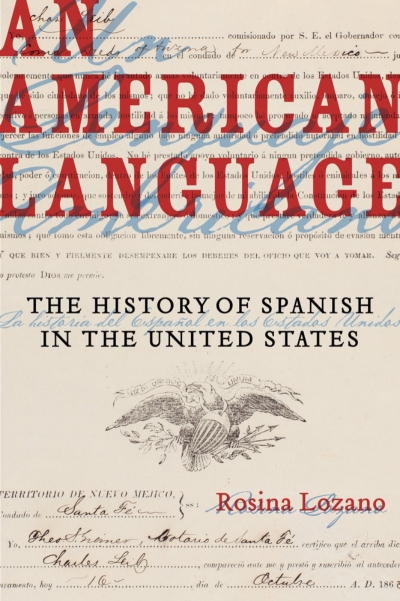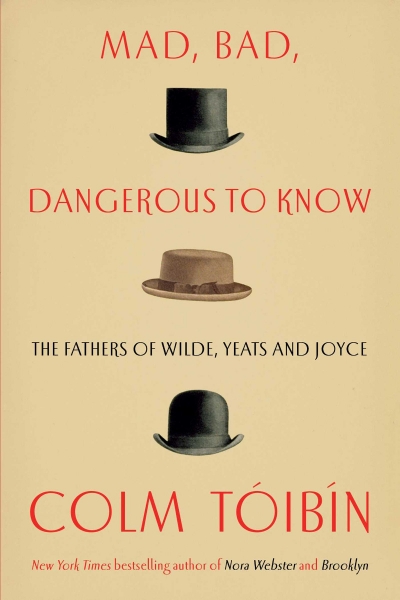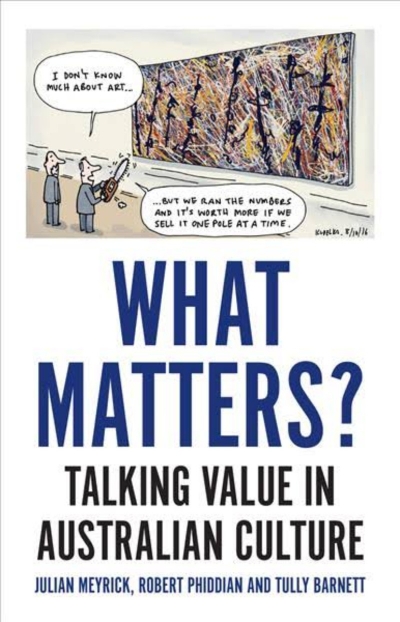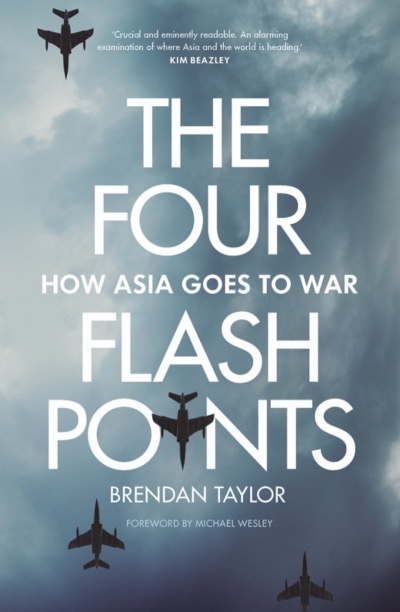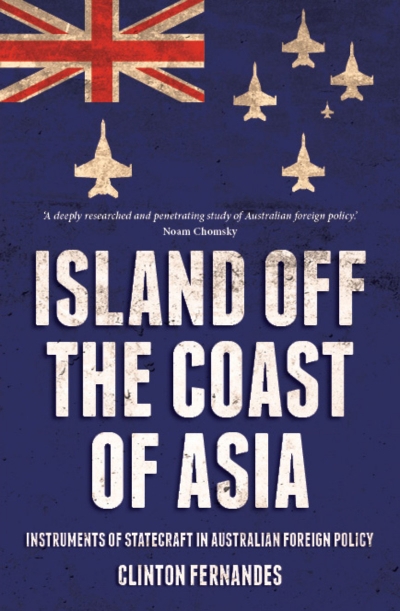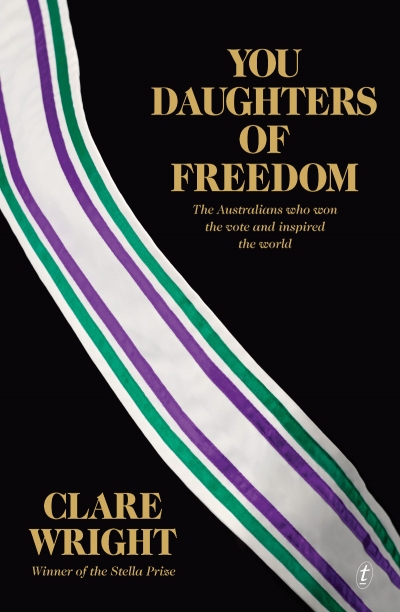Non Fiction
National Identity in Contemporary Australian Opera: Myths reconsidered by Michael Halliwell
Just as we are unlikely today to think of South Wales when in New South Wales, nor does the existence of the Sydney Opera House does not of itself draw our collective attention towards opera. It is a structure more to be seen than heard; its professed reason for ...
... (read more)The Indian World of George Washington: The first president, the first Americans, and the birth of the nation by by Colin G. Calloway
As a young man, George Washington (1732–99) worked as a surveyor. Looking at a landscape, he could plan its division into orderly tracts. These skills would prove useful when he became the first president of the United States in April 1789. At the time ...
... (read more)‘Chopin is the greatest of them all,’ Claude Debussy told his pupil Marguerite Long, ‘for through the piano alone he discovered everything.’ This ‘everything’ had a long shadow, for Long described Debussy as ‘impregnated, almost inhabited, by [Chopin’s] pianism’. Unsurprisingly, therefore, the young Debussy ...
... (read more)An American Language: The history of Spanish in the United States by Rosina Lozano
Many recent American politicians have believed that they could speak Spanish. Presidential candidate George W. Bush stumbled through a Spanish-language interview and was rewarded with thirty-five per cent of the Latino vote in the 2000 election. His brother Jeb, whose wife is Mexican-born ...
... (read more)Mad, Bad, Dangerous to Know: The fathers of Wilde, Yeats and Joyce by Colm Tóibín
Like so many parents of great authors, the fathers of Oscar Wilde, W.B. Yeats, and James Joyce have much to answer for. Certainly, each man had a profound influence on his son’s literary career without for a moment being conscious of the literary consequences of his words and actions ...
... (read more)What Matters?: Talking value in Australian Culture by Julian Meyrick, Robert Phiddian, and Tully Barnett
As I sat down to write this review, a media release popped into my email inbox with the excited news that more than 400,000 people had visited the National Gallery of Victoria’s MoMA exhibition over its four-month duration, making it the NGV’s ‘second most attended ticketed exhibition on record ...
... (read more)The Four Flashpoints: How Asia goes to war by Brendan Taylor
The danger is complacency. Brendan Taylor cautions readers of this timely assessment of the swirling currents of power in Asia – and currents is the right metaphor, given the heavy focus on disputes at sea – not to simply have faith that everything will turn out okay. ‘The risk of major war in Asia is ...
... (read more)Island Off the Coast of Asia: Instruments of statecraft in Australian foreign policy by Clinton Fernandes
Marise Payne’s recent speech to the United Nations General Assembly touted Australia’s support for ‘rules’ and ‘international law’ in creating a global order that works ‘for the benefit of all nations and people’. But are these really the guiding principles of Australian foreign policy ...
... (read more)You Daughters of Freedom: The Australians who won the vote and inspired the world by Clare Wright
When Clare Wright’s new history, You Daughters of Freedom: The Australians who won the vote and inspired the world, landed in my mailbox, I opened it with some trepidation. It was big, a fact I now realise I should have expected but nevertheless a somewhat disheartening one – arriving as it did at the beginning of our lambing season on the farm. It sat on the kitchen table, slightly out of place beside tractor catalogues, long-term rainfall predictions (depressing), and pamphlets advertising ram sales.
... (read more)
